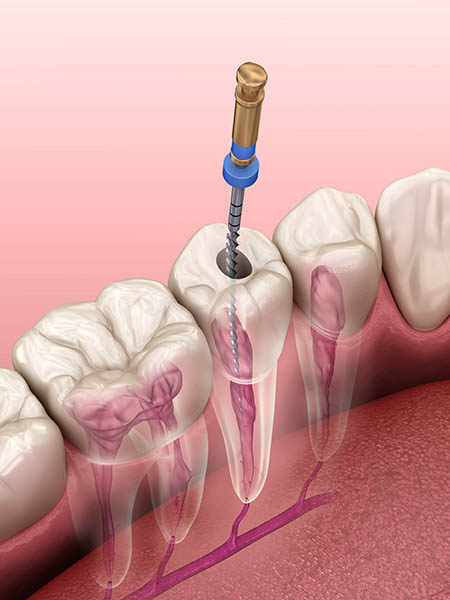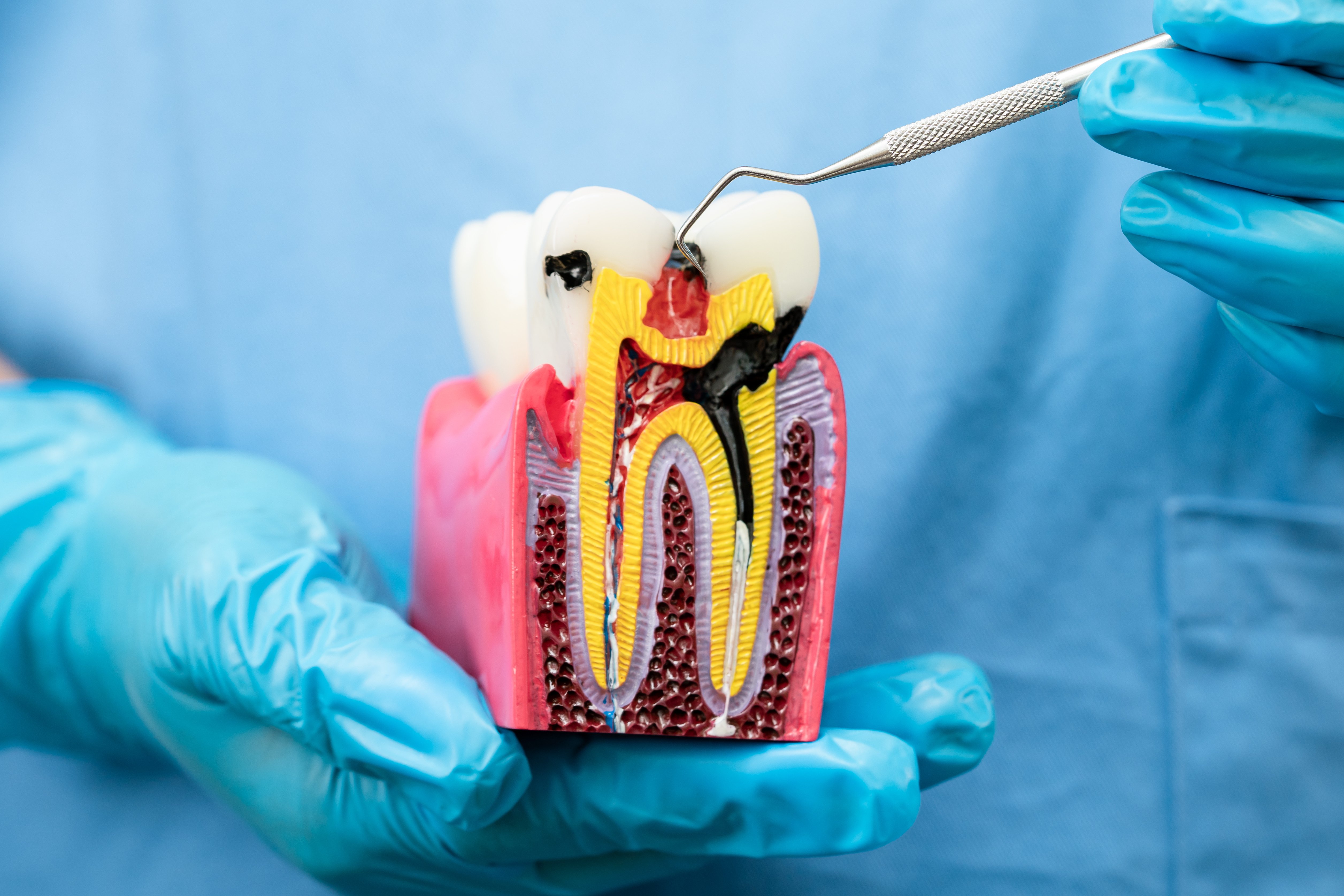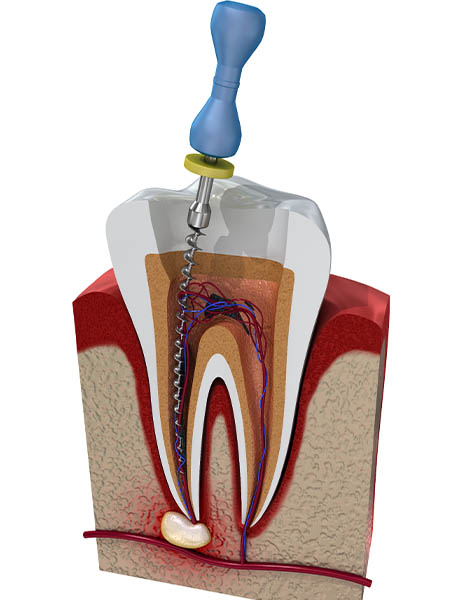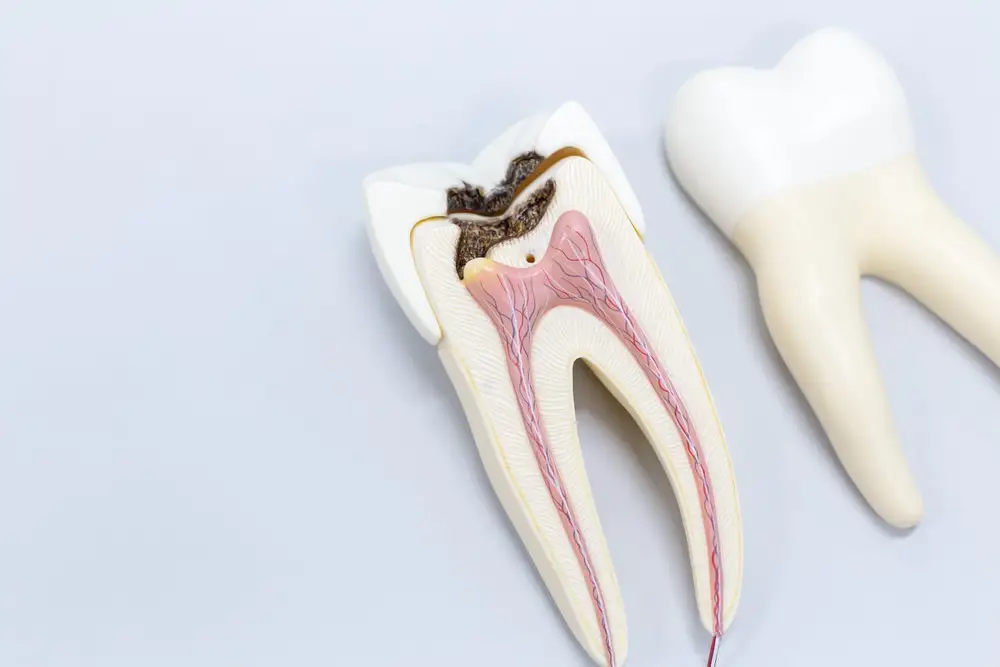Endodontics Vs Dentistry
Endodontics and dentistry are two related fields of dental care, each with its own specific focus. While both involve the health of teeth, they differ significantly in terms of specialisation, training, and treatment focus.
| Feature | Endodontics | Dentistry |
| Specialisation | Focused on the dental pulp and root canal treatment | Broader scope, including preventive care, restorative dentistry, and cosmetic procedures |
| Training | Additional specialised training after dental school | General dental education |
| Expertise | Perform about 25 root canals weekly | Typically do two root canals weekly |
| Treatment Focus | Diagnosing and treating tooth pain, especially in complex cases | Preventive care, fillings, extractions, and other general dental procedures Do visit the CHAS website for more details. |
| Equipment | Advanced technology like dental microscopes and 3D imaging | Standard dental tools and equipment |
When to see which:
- Dentist:
- Routine check-ups and cleanings
- General dental care, such as fillings and extractions
- Simple root canal procedures
- Endodontist:
- Severe tooth pain
- Complex root canal treatments
- Re-treatment of failed root canals
- Dental trauma
While dentists can handle many routine dental procedures, complex cases often require the specialised expertise of an endodontist. By understanding the key differences between these two fields, you can make informed decisions about your dental health.
.png?width=2223&height=447&name=Background%20(4).png)

.svg)
.svg)
.svg)
.svg)



.jpg)
.jpg)







.png)

.jpg)
.jpg?width=599&height=400&name=7727%20(1).jpg)


.png)

.png)








